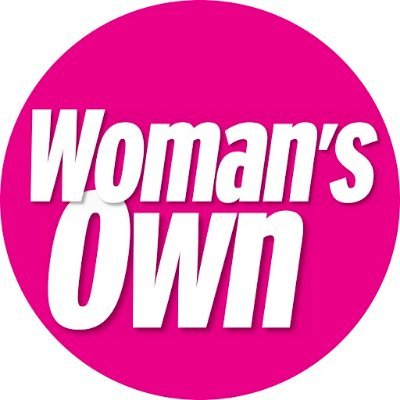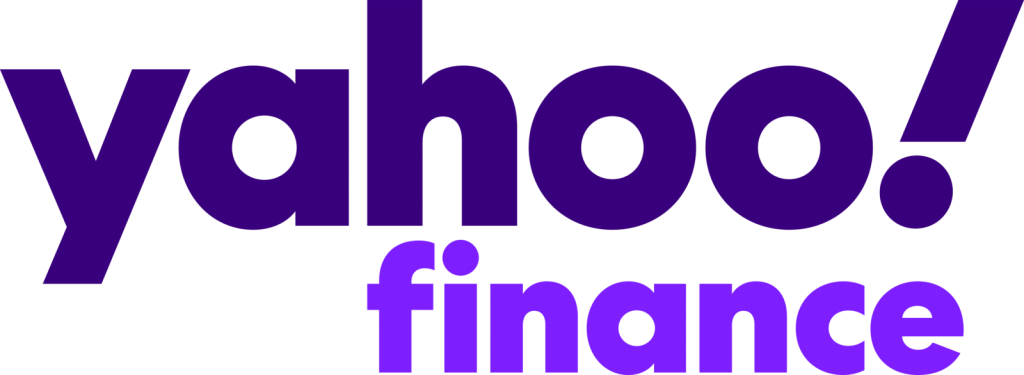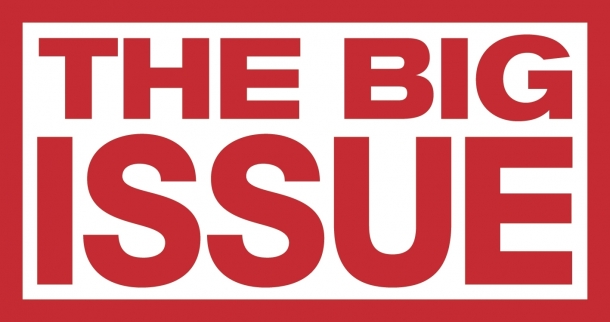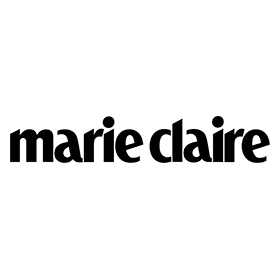
When I’m working with my 1:1 clients and we are discussing how best to approach the job market, I describe the 4 routes in — noting that not all of these are created equal. Some of statistically more effective than others, some clients prefer one method over another.
This is YOUR job search, you need to get comfortable with the method(s) that are most effective for YOU.
Let’s walk through each one in turn.
1. Your Network
Your network is proven to be the most effective route into the job market, especially as almost two thirds of opportunities are filled through the hidden job market and will never be advertised.
These roles are hidden for a myriad of reasons. Maybe the organisation is going to ‘let go’ of one of their senior people and they need a successor ready to step straight into the void left behind. Maybe they are a poor performer. Maybe they WERE the right person for the role but moving forwards, the organisation requires a different focus. Maybe the business does not want to advertise due to commercial sensitivities.
Whatever the reason, YOUR job is to make sure that when senior leaders are talking to their networks about potential opportunities, YOUR name is the one that is put forward. Think about how many times you have been to a restaurant based on the recommendation of a friend. You need your network to start talking about you in the same glowing terms in which they recommend a local bistro. In order for them to do this effectively, you need to give them the information so that they can advertise you on your behalf.
So how do you get your network working on your behalf?
Talk to people. Some organisations pay their staff incentives for introducing qualified candidates, your network working in organisations like this might be receptive to meeting with you to understand what type of role you are looking for.
Brainstorm. Take a few minutes to go through your list of contacts, write down names of people you think could help you. Think about those who have recently been in the job market — they will remember all too clearly the highs and lows of finding a new role. Ask them if they would be willing to spare 10 minutes of their time to give you some pointers on your job search and ask THEM what THEY found particularly useful. This conversation will also give you the opportunity to share with them exactly the type of role and organisation that you are looking for.
Use this format to reach out to your network:
I left _______ company and I am very excited about my search for a new _______ position with _________ responsibility, with possibly some opportunity for ______ as well.
This is a perfect fit for me since my background includes _________, ____________ and ___________.
Some of the organisations that I am particularly interested in are ______, _________ and _________. I’d prefer to work in _______ industry and would also be willing to consider ________.
I’ve created a list of organisations that I would like to investigate as possible future employers. Would you be willing to take a look and share any insights you may have.
People love to share their expertise, they love sharing their opinions even more! Using the above template, edited to suit your particular situation, is a sure fire way to get them to meet with you.
Try it and see, let me know how you get on.
The advantage of this method is that your contact is clear about the type of role and organisation you are looking for. When they come across an opportunity, you name is front and centre.
2. Your CV
Your CV is your sales brochure.
It’s one purpose is to get you through to the next stage of the recruitment process — whether this is an informal meeting with the hiring manager, an interview with a panel of people from across the business or an invitation to take part in psychometric tests.
According to various studies, recruiters and hiring managers spend on average 6.72 seconds looking at your CV, so it has to grab their attention immediately.
Your CV should stress the benefits derived by others who have used your services. Always keep your target market in mind when writing your CV and adapt it each and every opportunity.
Keep it concise
Your CV cannot and should not tell the reader everything about you (who has time to read all of that anyway!)
It should instead be a brief summary of what you have done in the past and indicates what you could achieve in the future. I always suggest keeping it to 2 pages maximum and leave the reader wanting to know more.
Chronological vs Functional CV
If you are returning to the workplace after a period of absence, your experience doesn’t show a natural progression or you would like to change career completely by focussing on the skills and experience that you gained a number of years ago, a functional CV could be a better option for you.
Rather than listing your achievements by job, beginning with the most recent first and working backwards, the functional CV lists your achievements relative to selected skills and competencies.
The functional CV is a great option for professionals who have taken on a number of interim roles as it can disguise what may be perceived as “job hopping”.
If you would like more information on this, my eBook “How to Write Your Best Ever CV” will walk you through each process.

3. Your LinkedIn Profile
Did you create a LinkedIn profile years ago, only for you to neglect it and leave it lying dormant since then?
The first thing anyone will do when your name comes up in relation to an opportunity is to look you up on LinkedIn. Before you start putting your message out there, go through your profile and make sure that it is saying exactly that you would like it to say.
This article is a great place to start with refreshing your profile, I wrote it a while ago but everything is still true today.
Leveraging LinkedIn
Refining your profile is not enough.
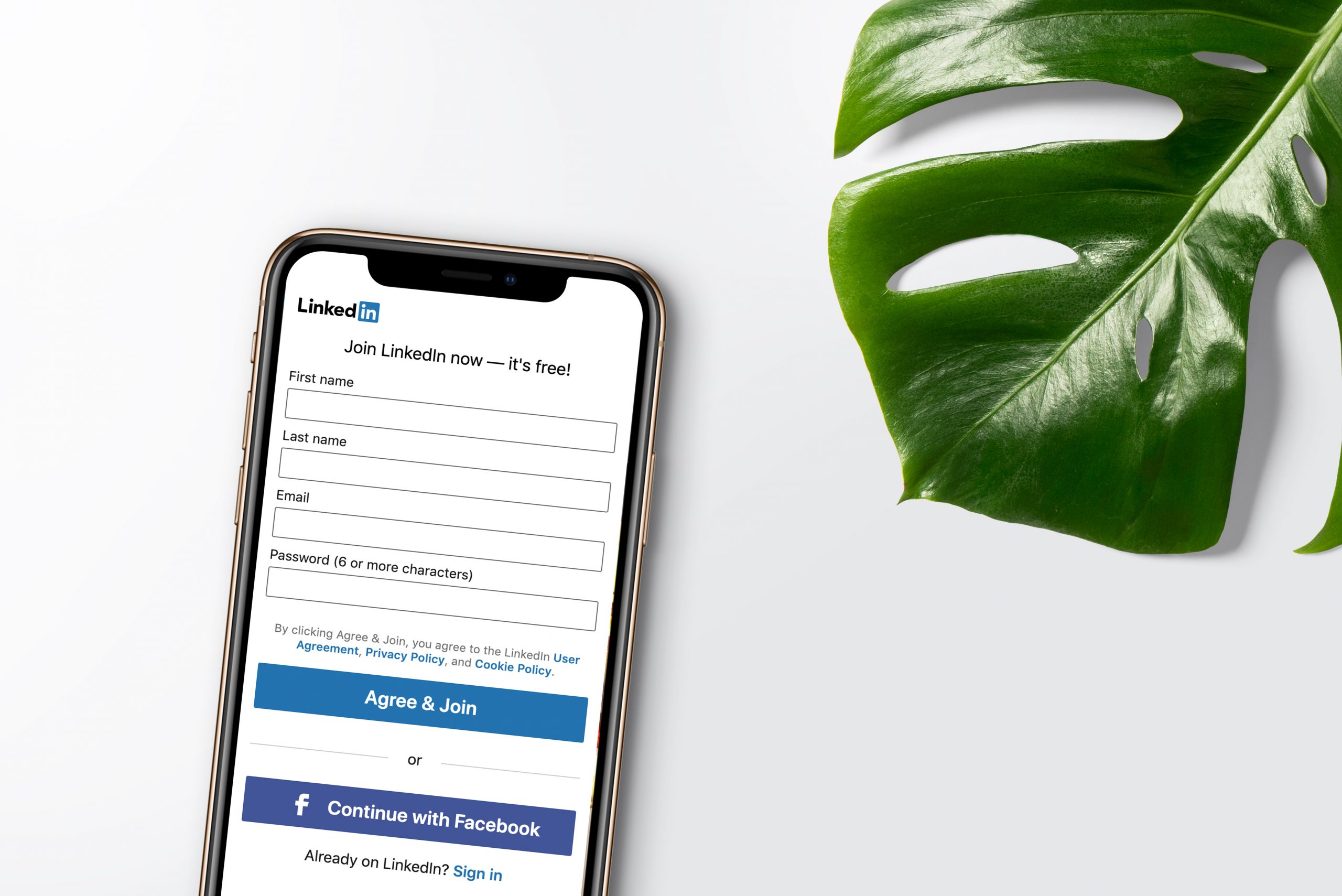
Think about LinkedIn as an engine that you have to add fuel to and service regularly. Each day go on the platform and connect with those at your target company, engage with other people’s posts and create content of your own to showcase your skills and expertise.
Short-form posts are great at getting you visibility, there is a limit of 1,300 which forces you to get to the point. Long-form articles like this one are great for building authority. You need to do both on LinkedIn.
Creating regular content will also help you to get noticed by your target market.
4. Your Recruitment Partners
Commonly referred to as headhunters, search firms or recruiters. One advantage they have is that they can quickly put you forward for a position along with a small pool of other candidates, increasing your chances of getting offered the role.
Remember that they work on behalf of, and are paid by the employer NOT the candidate.
They can be local, national or international in scope and may specialise in a particular industry, function, geography or level of compensation.
To create effective working relationships with your recruitment partners:
- Consider each interaction with a recruiter as a job interview and present yourself accordingly. After all, they are screening on behalf of an employer, think of them as the employer.
- Be explicit about your career objective and aspiration. Be prepared to discuss your targeted companies, industries and geographical preferences — this will help them to match you with the right type of opportunity.
- Be explicit about your salary expectations from the outset. If you do not want to reveal an exact figure present this as a range and include other benefits such as bonuses, cars, health insurance etc
- Contract with them and follow this up in writing at the end of your first meeting. This should include exactly what and how they are going to market you (or whether they will adopt a more reactive approach). Insist that they do not present your CV to without your prior consent.
- Interview them. Go through a pre-prepared list of questions to determine how likely they are to help. Examples include how many people have you placed in the last 3 months? What organisations are they? What is the average salary of those you have placed?
Let me know in the comments which of the 4 routes to market has been the most successful for you in your job search.
If you would like to work with Me on a 1:1 basis then my 10 Week VIP Career Coaching Programme could be just the thing for you. Click here for the full details, and get in touch if you are up for the challenge.


